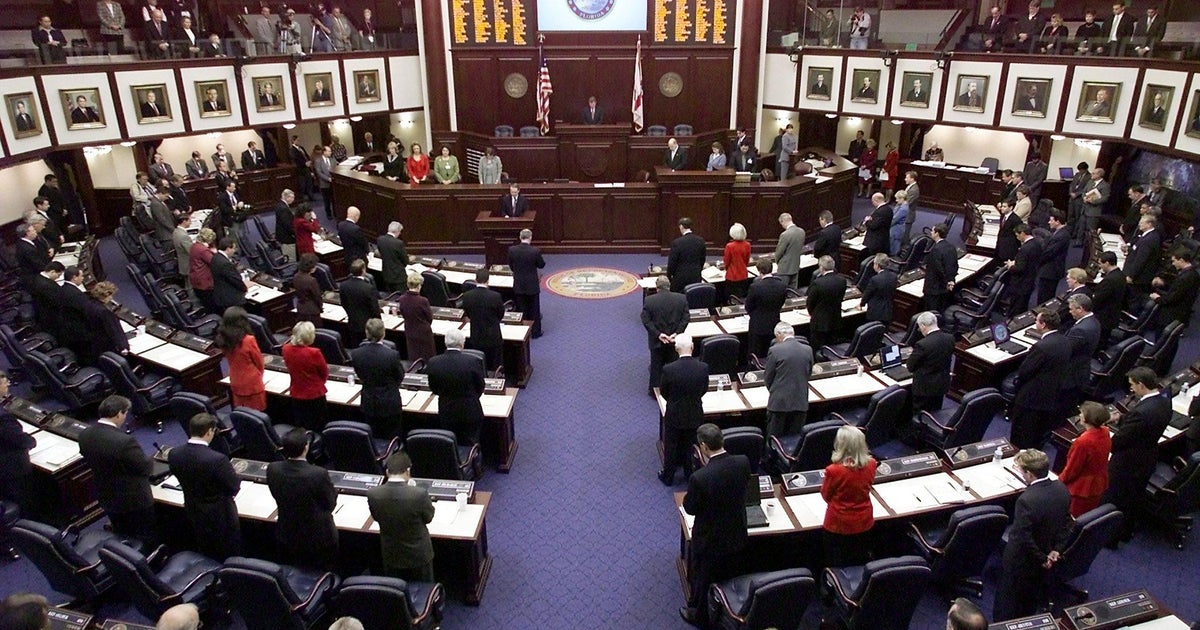TALLAHASSEE – Florida Property and Senate customers last week submitted proposals that would boost condition regulation of lots of municipal electric utilities.
The proposals would ramp up the Florida General public Support Commission’s regulation of municipal utilities that serve electric clients outside of metropolis boundaries. When the fee has oversight of sure issues for municipal utilities, it does not control their costs.
Beneath the expenditures (HB 1331 and SB 1380), the fee would have energy to regulate municipal utilities with customers exterior town boundaries extra like non-public utilities these kinds of as Florida Ability & Gentle, Duke Electricity Florida and Tampa Electric powered Co. The commission has authority more than the personal companies’ rates.
The payments emerged following a Property panel in recent months lifted worries about municipal utilities that provide prospects outside metropolis limits, together with whether or not towns are utilizing way too significantly revenue from the utilities to bolster their typical funds. People who reside outside municipal boundaries can’t vote for metropolis officers.
“Obviously, the local governments definitely can use those funds that appear in from the municipal utilities as a way to steer clear of increasing taxes on their constituents due to the fact they’re raiding the piggy financial institution of the utility,” Rep. Wyman Duggan, R-Jacksonville, reported during a conference last month of the Home Power, Communications & Cybersecurity Subcommittee. “But … ultimately the monthly bill will occur thanks simply because cash that was not expended on upgrading the utility in the long run will have to be expended from somewhere.”
Rep. Chuck Clemons, R-Newberry, pointed to queries about economic management at Gainesville Regional Utilities, saying about 40 per cent of its ratepayers are living outdoors the Gainesville boundaries.
“The persons that are funding this (electrical program) bill, they’re outside of concerned, they’re getting angry with the absence of fiscal accountability operating the neighborhood utility,” Clemons mentioned. “Wherever do they switch for assistance? Which is my issue.”
Amy Zubaly, government director of the Florida Municipal Electrical Affiliation, reported in a assertion very last week that her group is “reviewing the proposed laws that would insert supplemental point out regulation to municipal utilities to identify its affect on our communities and the affordability of customers’ rates.” The condition has 33 municipal electric powered utilities, such as in cities these kinds of as Jacksonville, Orlando, Lakeland, Gainesville and Tallahassee.
“Our member utilities are reinvesting utility revenues into the community by means of technique hardening and resiliency, and they provide direct companies to their communities, from employees who volunteer to obtain charitable donations to hosting group functions to lights ball fields and playgrounds,” Zubaly claimed. “All the things Florida’s municipal utilities do is centered on earning their communities stronger and the excellent of daily life far better for their family, pals and neighbors.”
Jody Finklea, common counsel of the Florida Municipal Electric Association, advised the Home panel in February that the Community Company Fee presently regulates municipal utilities on concerns this sort of as storm-procedure hardening and what is recognised as “level construction.” That entails how rates are apportioned between various groups of shoppers, this sort of as residential and business customers — but does not include environment the municipal utilities’ charges.
Finklea explained municipal utilities can impose company taxes on persons who stay within just the city boundaries and equal surcharges on electrical consumers outside the house the boundaries.
Whilst both equally freshly filed expenses would lead to stepped-up regulation for municipal utilities, the Home edition would go even further than the Senate proposal. As examples, it would location constraints on such items as transfers of money to town standard cash and could have an affect on metropolitan areas that very own drinking water or wastewater utilities.




